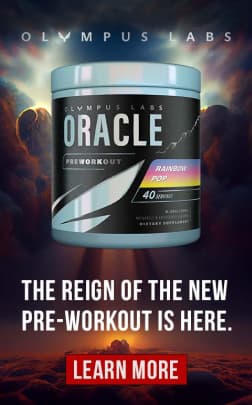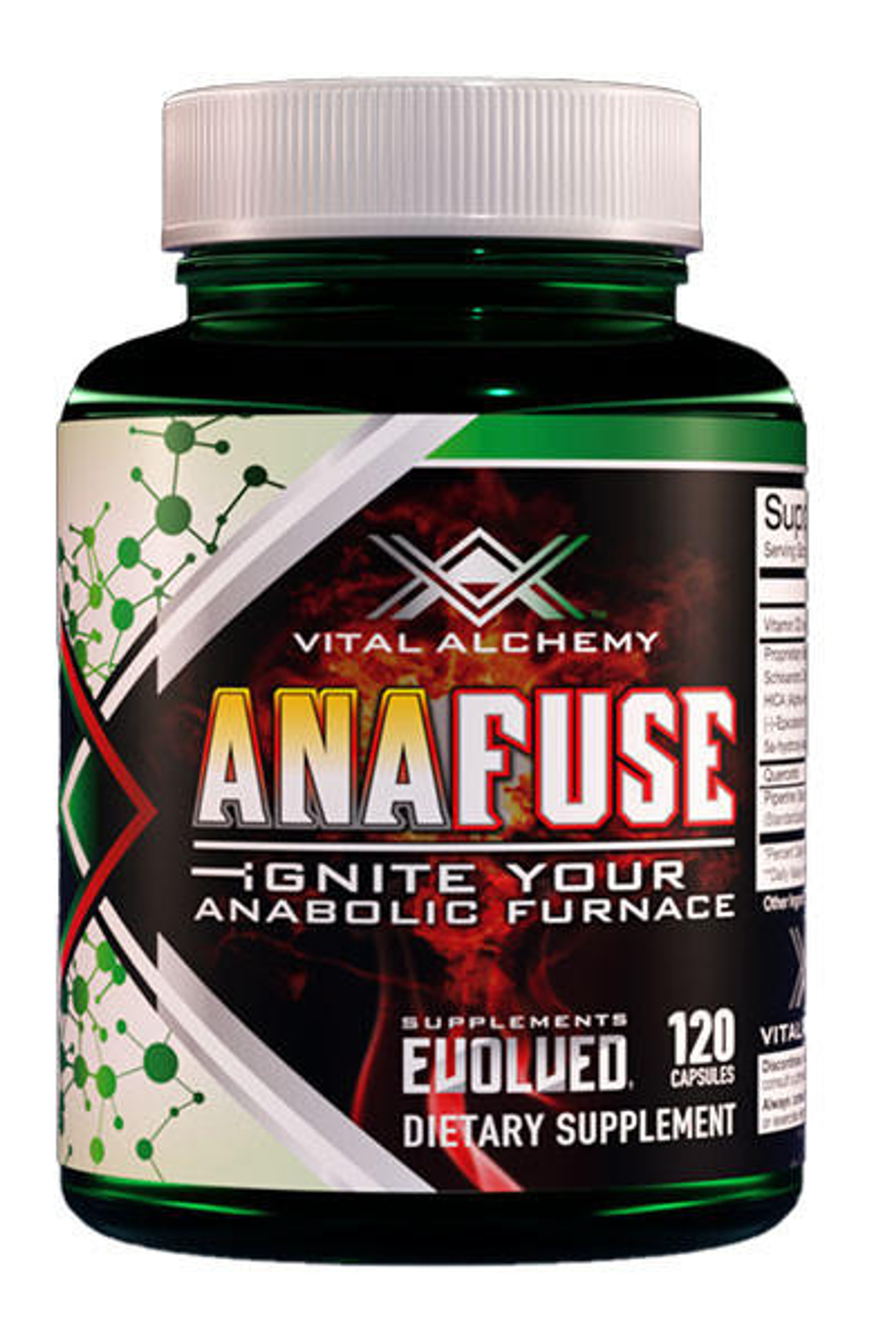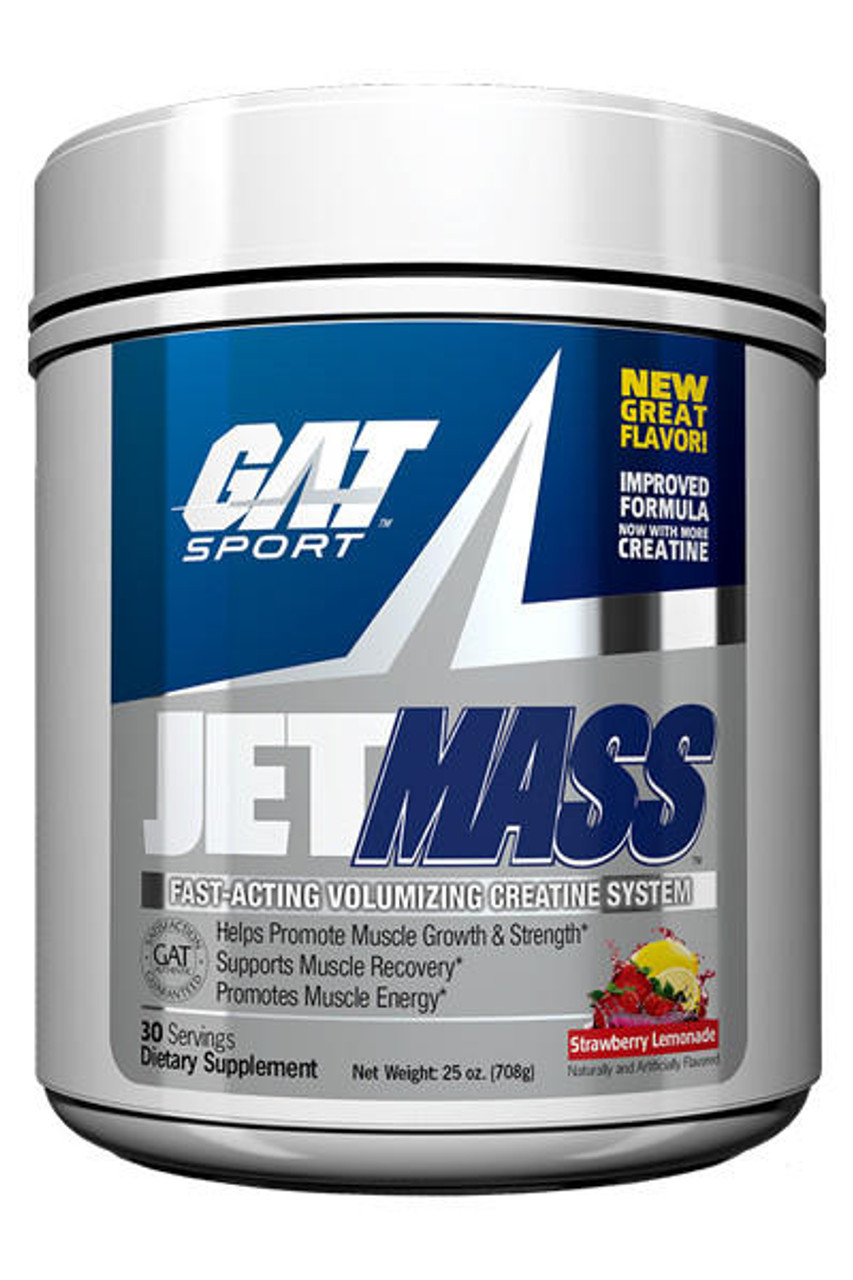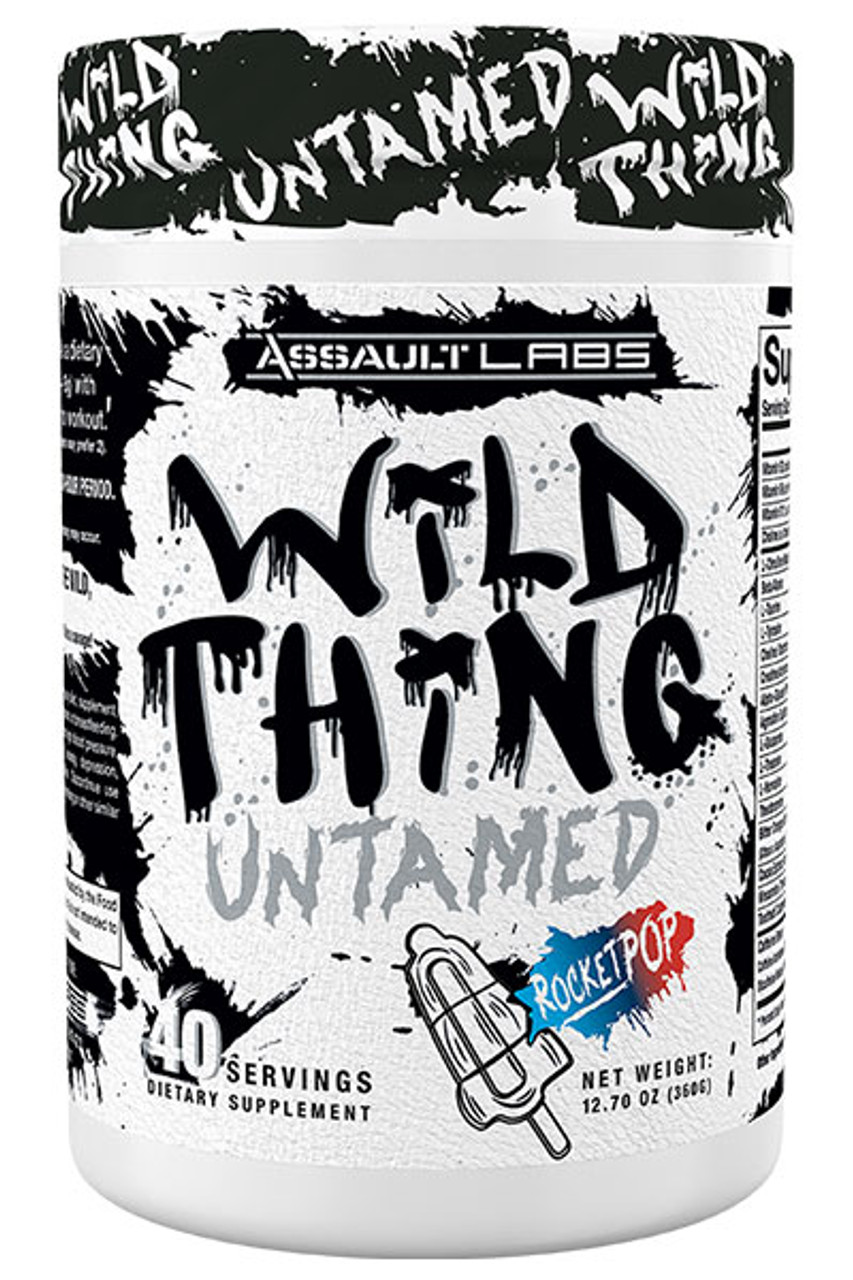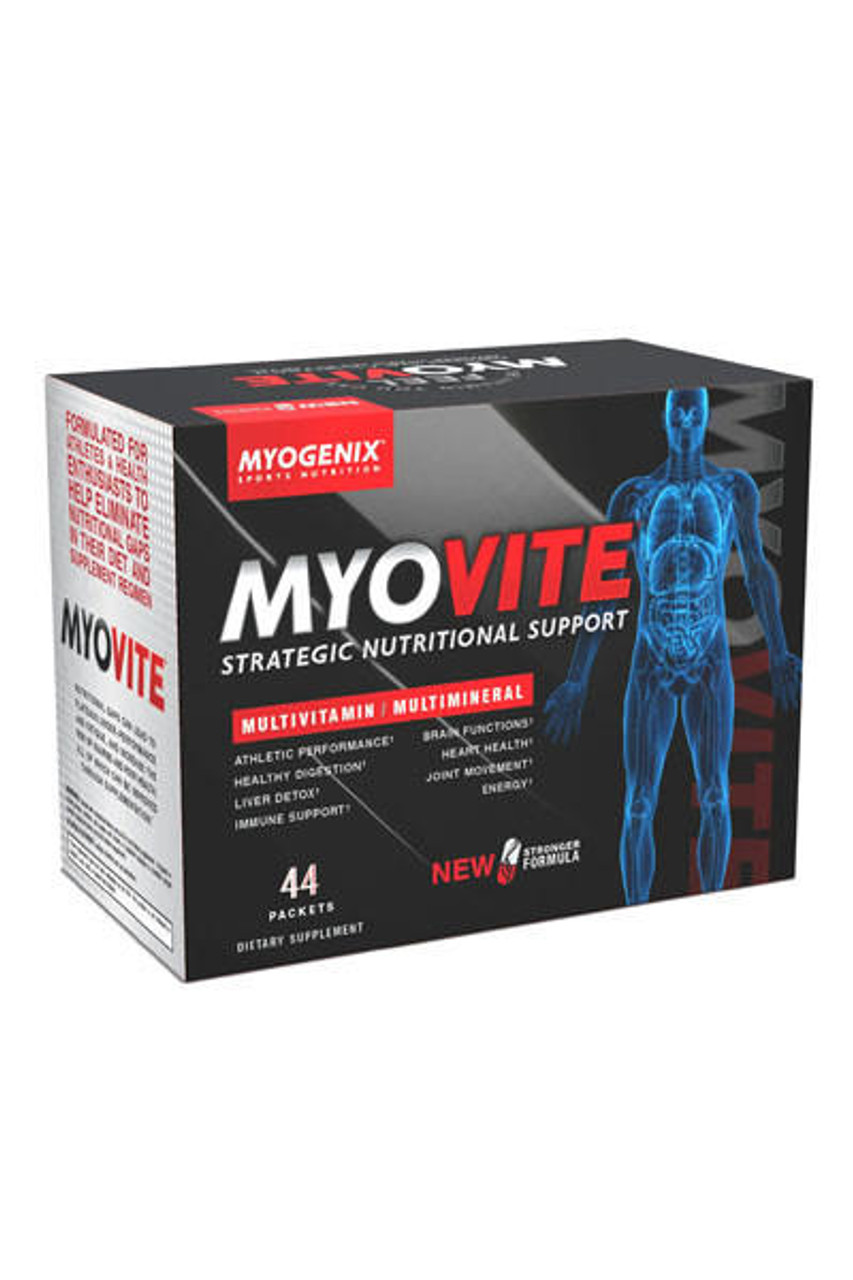Dirty Bulk Essentials: How to Build Massive Muscles Fast
Posted by Leonard Shemtob on Apr 30, 2024
Embarking on a dirty bulk might be your ticket to rapid size increase, but it’s not without its pitfalls. High in calories and unrestricted in food choices, it’s a bulking strategy that can quickly turn weight gain dirty. Dive into our guide to understand how dirty bulking works and whether the risks outweigh the rewards for your physique goals.
Short Summary:
- Dirty bulking involves consuming a significant calorie surplus with no food discrimination, aiming to rapidly increase body mass and stimulate muscle hypertrophy, but it can result in higher fat accumulation.
- Such an approach favors quantity over quality of food, often leading to the consumption of high-calorie, processed foods and bringing potential health risks such as elevated cholesterol, blood pressure, and disrupted hunger cues.
- "Clean" or "Lean" bulking, in contrast, emphasizes a modest calorie surplus from nutrient-dense foods, resulting in more controlled muscle gains and better long-term health outcomes, albeit potentially at a slower rate.
- Buy the Best Natural Bulking Supplement and elevate your dirty bulk with clean gains.
Related Reads:
Unpacking Dirty Bulking: A Complete Guide

Hearing the term ‘dirty bulking’ might conjure images of limitless feasting and rapid muscle gains. At its core, dirty bulking is a weight gain strategy embraced by off-season bodybuilders, powerlifters, and those eager for a rapid increase in size. The approach is straightforward: consume a substantial calorie surplus without discriminating against food types, aiming for the fastest possible weight gain.
The philosophy behind this method is simple—extra calories mean more energy, which, in theory, should translate into more muscle. This bulking diet is pursued aggressively, often during the bulking season, to push the body’s limits and enhance physique or athletic performance.
However, indiscriminate weight gain isn’t the aim here. The ultimate aim is to stimulate muscle hypertrophy, a scientific term referring to the development/growth of muscle. This requires a particular focus on calories and protein intake—both of which are abundant in a dirty bulking diet. But as any seasoned bulker knows, the path to muscle gain is rarely straightforward. Let’s break down the dirty bulk and reveal its intricacies.
The Dirty Bulk Breakdown

Dirty bulking is all about maximizing body mass through all possible means. It’s characterized by a significant calorie surplus, with the body ingesting more energy than it expends, primarily from high-calorie foods that are often processed and readily available.
This bulking diet isn’t just about eating more—it’s about eating a lot more, and without the constraints of food quality, it’s a bulking phase where pretty much anything goes.
The result? A body composition that’s in a constant state of surplus, ready to fuel muscle hypertrophy, though not without an increase in body fat or weight gain.
Calorie Count: More is More?
When it comes to dirty bulking, the amount of calories consumed reigns supreme. The approach operates on the principle that a caloric surplus is crucial for muscle gains. But how much is enough? Typically, a surplus of 10-20% above maintenance level is suggested, providing the body with the additional energy required for muscle synthesis.
However, dirty bulking often leads to a surplus well beyond this range, resulting in a weight gain comprised of both muscle and fat mass. It’s a delicate balance—eat too little, and muscle gains stall; eat too much, and the scales tip towards increased body fat or body weight. It’s often a case of more food, more problems, as chronic overeating can push the body beyond its muscle-building capacity and begin to promote weight gain excessively.
Therefore, although dirty bulking focuses on weight gain through increased calorie consumption, the potential trade-offs must be considered. Extra calories indeed mean more energy, but the excess can quickly lead to more fat or weight gain, obscuring hard-earned muscle beneath a layer of fat tissue. It’s a fine line to tread, and many find themselves chasing the calorie count without considering the consequences.
Food Quality: Quantity Over Quality?
In the realm of dirty bulking, there’s frequently a tug-of-war between quantity and quality. This high calorie diet is centered around how much food one can consume, rather than the nutritional value of those foods. This means that high calorie foods, regardless of their nutritional profile, become the go-to choice for those on a dirty bulk diet.
Think junk food like burgers, fries, and milkshakes—staples of a dirty bulk due to their high caloric content, which can be consumed in large quantities without causing fullness. It’s a diet high in calories with a side of potential health concerns, as chronic overeating of processed foods leads to a whole host of issues beyond just a widening waistline.
This focus on more food and large quantities can lead to a diet overwhelmed by processed foods—rich in added sugar and unhealthy fats. The term ‘dirty’ is used to describe the unchecked number of calories consumed, rather than the cleanliness of the food. It’s more about quantity than quality in this context.
And while these high calorie foods are efficient at packing on pounds, they come with a cost to one’s health that cannot be ignored. It’s a nutritional intervention that requires careful consideration and an eye for the longer-term implications on one’s body and overall well-being.
The Flip Side: Risks of Excess
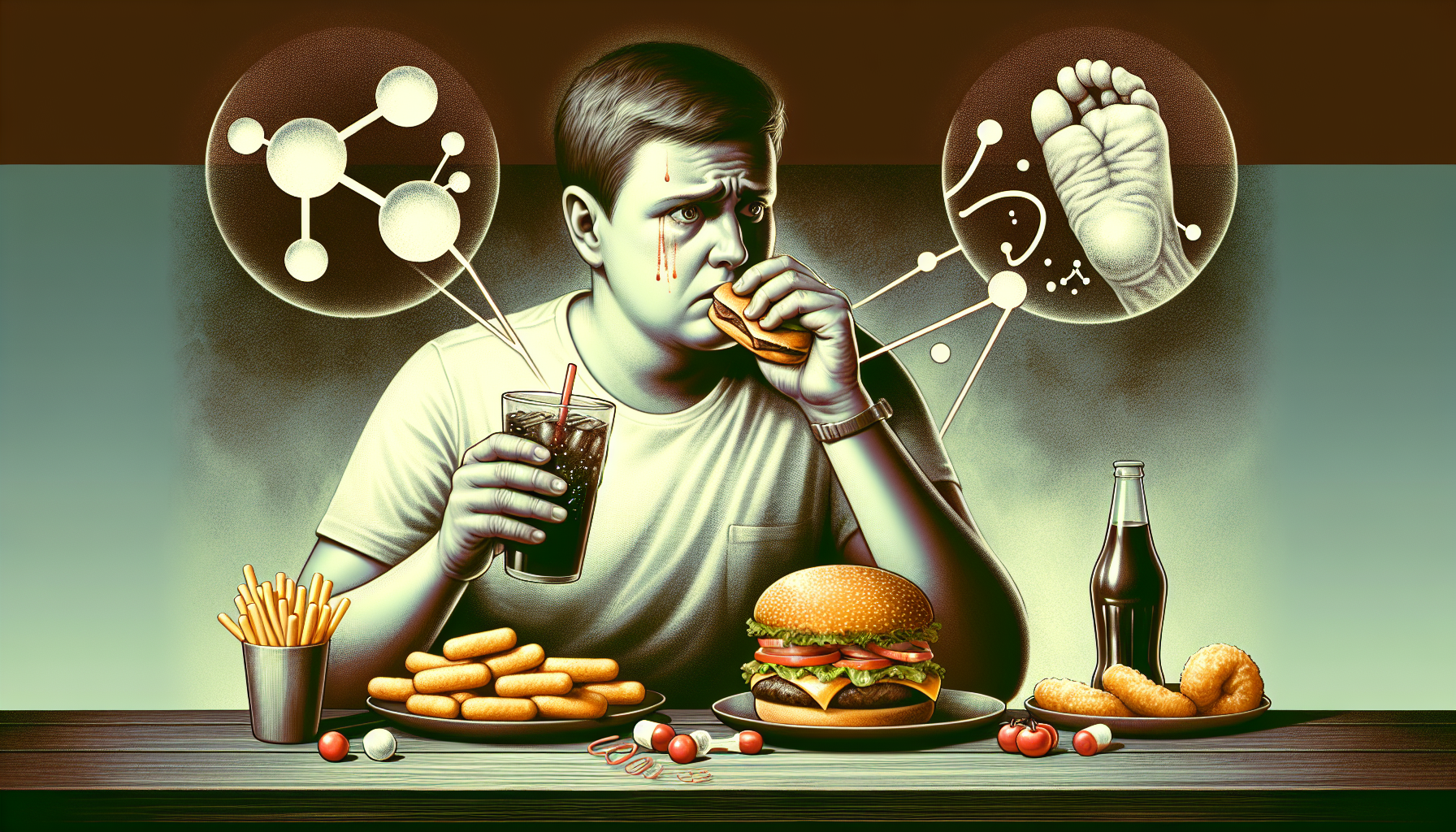
While unrestricted indulgence in a bulking diet might appear liberating, it’s not devoid of risks. A dirty bulk can lead to an array of health concerns, including:
- Elevated cholesterol and blood sugar levels
- Increased risk of chronic conditions like high blood pressure and diabetes
- Sluggishness and decreased energy levels that could hinder daily activities and workouts
It is important to be mindful of these risks and to approach bulking in a healthy and balanced way.
Furthermore, a dirty bulk can disrupt natural hunger cues, leading to an unhealthy relationship with food where the lines between hunger and satisfaction become blurred. With each excess calorie consumed, the risks mount, making it essential to weigh the gains against potential health hazards and monitor your calorie intake. In contrast, a clean bulk focuses on a more balanced approach to gaining muscle mass.
From Muscle to Fat: Managing Body Fat and Body Weight Gain
While the primary goal of bulking is muscle building, the excess calories from dirty bulking can result in an increase in both muscle mass and fat. There’s a cap on how much muscle one can gain each day, and any excess calories are destined to be stored as fat. The result? Gaining weight that’s not entirely composed of lean muscle.
This is problematic because dirty bulking has shown to be no more effective than a controlled caloric surplus when it comes to muscle gain, but it does lead to a higher body fat percentage. Protein intake plays a pivotal role in this balance—too little, and more calories may convert to fat mass, while adequate amounts can help steer the gains towards muscle.
Resistance training is a bulker’s best friend, promoting lean tissue growth and mitigating fat gain. However, a dirty bulk often results in significant fat accumulation over time, even with a rigorous workout regime. The challenge lies in managing body composition—ensuring that the scales tip in favor of muscle gains without the excess fat tagging along for the ride.
The key is in the balance of the diet, the quality of workouts, and the strategic approach to gain weight. After all, the goal is to amplify muscle size, not just to gain weight.
Health Hazards: When Bulking Goes Wrong
While the immediate effects of dirty bulking, such as weight gain and muscle gain, are visible, the long-term health implications can be more insidious. The consistent consumption of processed carbohydrates and saturated fats raises more than just body weight—it raises health alarms.
These dietary choices can lead to increased cholesterol and blood sugar levels, setting the stage for serious health concerns that go beyond the realm of bulking. It’s for this reason that dirty bulking is often recommended as a short-term tactic, with the understanding that extended periods could negatively impact overall health and well-being.
Aside from the physical health risks, there are other potential hazards, such as depression, bloating, and sleep disturbances, all of which can stem from a diet heavy in processed and high-calorie foods.
These side effects can deter from the quality of life and undermine the very goals that bulking aims to achieve. It’s a stark reminder that the methods employed to build muscle must be sustainable and aligned with a healthy lifestyle, not just for the sake of appearance but for long-term vitality.
Clean vs. Dirty: The Bulking Battleground

Fitness circles are rife with heated debates between proponents of dirty bulking and clean bulking. Clean bulking is the antithesis of its dirty bulk counterpart, focusing on a modest calorie surplus from nutrient-dense meals and minimizing processed food intake. It’s a bulking diet that’s not only about gaining mass but doing so in a way that’s less taxing on the body and more conducive to long-term health.
Lean bulking advocates argue that starting a bulking phase with lower body fat levels and employing lean bulking strategies leads to more efficient muscle gains without the burdensome fat accumulation. It’s a battleground where the weapons of choice are wholesome foods, and the victory lies in building muscle without the excess baggage.
Nutrient-Dense Alternatives for Lean Muscle Mass
For clean bulking, the quality of consumed calories takes priority. Nutrient-dense foods like:
- Rice
- Nuts
- Nut butters
- Lean meats
- Healthy fats
are the building blocks of a diet that supports muscle gains and overall health. These foods are not only rich in essential vitamins and minerals but also provide the necessary energy and protein for recovery and muscle synthesis.
Integrating these healthier options into one’s diet can reduce the risk of disease, improve mood, and enhance well-being. The challenge lies in consuming enough calories for growth since these foods are often more satiating than their high-calorie, processed counterparts.
Creativity in meal planning can make all the difference. Here are some tips to keep in mind:
- Healthy cheat meals can keep motivation high
- Calorie-dense foods like nuts and nut butters allow for increased caloric intake without the need for massive meal portions
- Adequate protein intake is crucial
- BCAAs are important, but additional supplementation can bridge any gaps left by dietary protein, ensuring that muscle growth is supported at every turn
It’s a nutritional intervention that requires discipline and an understanding of how to meet dietary needs while indulging in more food that fuels the body without overburdening it.
Supplementation Strategies for Bulking
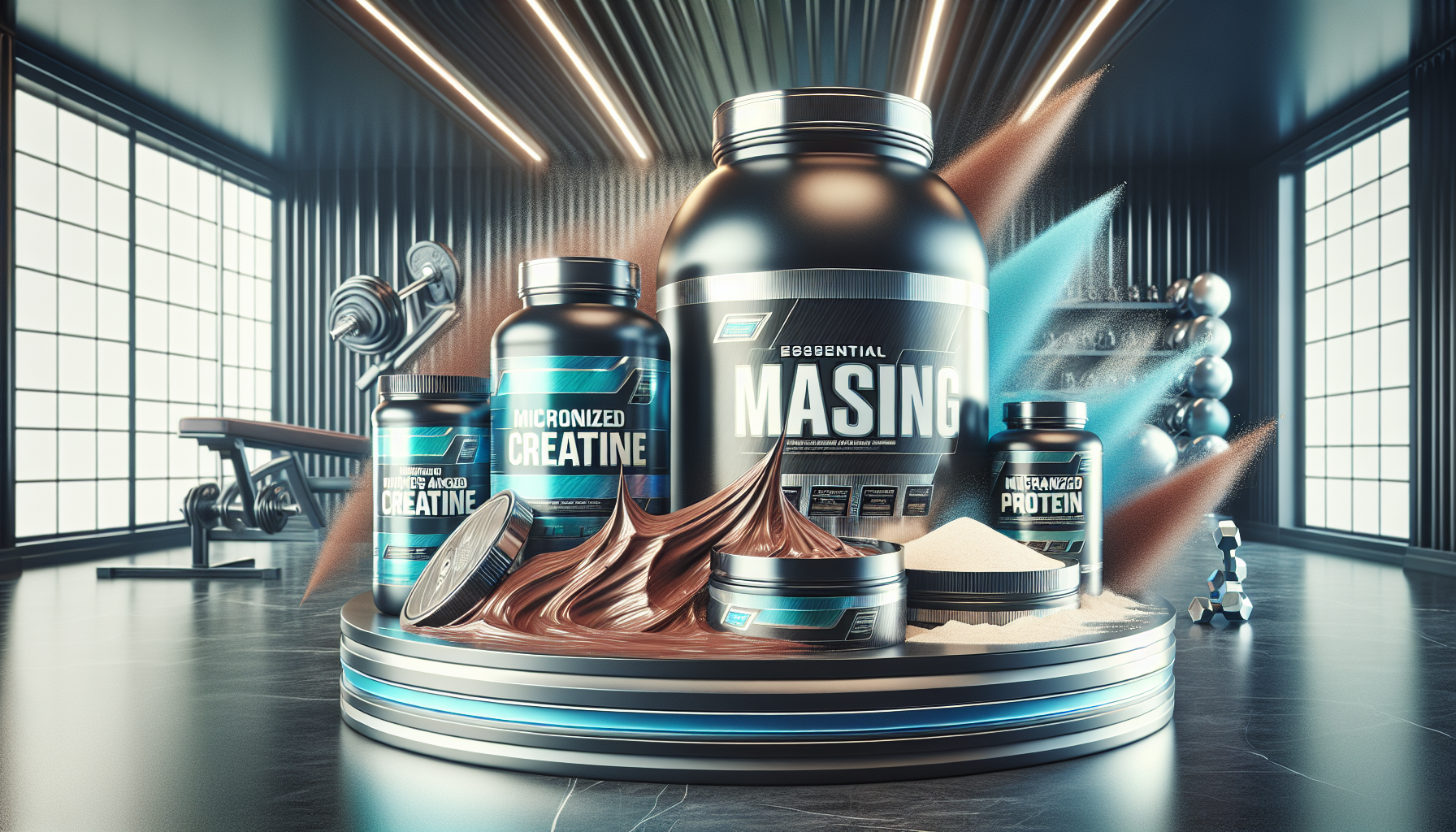
While the foundation of any bulking phase is diet, supplements can offer the additional edge required for muscle development. Essential supplements like mass gainers, creatine, and various protein supplements, such as whey, casein, and soy, are popular among those looking to gain mass. These nutritional interventions support muscle growth by providing the body with the necessary building blocks for repair and synthesis.
Supplements like omega-3 and omega-6 fatty acids can also play a role in minimizing post-workout soreness and enhancing fat oxidation, while multivitamins ensure that no nutrient deficiencies hinder progress.
Key Ingredients for Building More Muscle Mass
The supplement market is awash with products claiming to promote muscle growth, but what are the key ingredients that truly make a difference? Here are some of the most effective ingredients for supporting muscle synthesis and recovery:
- Natural anabolics
- High-quality whey protein or mass gainer protein
- Omega-3 & Omega-6
- Creatine
- BCAA
- Multivitamins
In addition to building more muscle mass, these ingredients may also enhance performance, particularly in those with existing deficiencies.
Creatine, a staple in the bulker’s arsenal, bolsters muscle energy and hydration, allowing for more intense and sustained training sessions.
BCAAs, in particular, play a critical role in muscle protein synthesis, helping to reduce protein degradation during intense exercise. These amino acids, leucine, isoleucine, and valine, are essential for muscle repair and growth, and are often included in supplements to ensure that athletes receive enough to support their rigorous training regimes.
Supplements are not a replacement for a solid diet, but they can be a valuable addition to any bulking strategy, especially when diet alone doesn’t meet the body’s increased nutritional demands.
Optimizing Your Bulk: Best Practices
Getting the best outcomes from a bulking diet entails more than mere overeating. It’s about strategic eating and training to optimize muscle growth. Adequate protein intake is the cornerstone of muscle recovery and growth, and pairing this with carbohydrate-rich foods provides the energy needed for those intense workouts that drive muscle gains.
Lean bulking, with its focus on food quality and a modest calorie surplus, can lead to more controlled muscle growth with less fat accumulation. But it’s important to understand that gaining muscle mass is challenging and progress may be slower with a balanced approach. Tracking macronutrient intake is also crucial to fine-tune the diet according to the balance of proteins, carbs, and fats and to monitor overall weight progression.
Timing and Training: Syncing Diet with Exercise
The importance of coordinating diet and exercise in bulking cannot be emphasized enough. A controlled calorie surplus, paired with high-intensity resistance training, underpins the gains in muscle and strength. Here are some key strategies to consider:
- Timing macronutrient intake, especially around workouts, is key to maximizing performance and recovery.
- Healthy fats, increased portion sizes, and strategic carbohydrate consumption can all contribute to optimal training outcomes.
- Compound lifts are particularly effective for building mass because they recruit multiple muscle groups and can lead to enhanced hormone secretion, which is advantageous for muscle growth.
Eating more not only fuels muscle growth but also enables athletes to train with greater intensity and duration. This is a critical component when aligning diet with exercise for muscle building.
The aim is to maximize the body’s potential during each workout by providing it with the right nutrients at the right times. It’s a dance of discipline, timing, and effort that, when performed in harmony, leads to the impressive physiques admired in bodybuilding circles.
Top 5 Essential Bulking Supplements
Certain products can be particularly advantageous for those aspiring to bulk up and promote weight gain. Mass gainer shakes are a staple in the bulking arsenal, offering a convenient blend of high-quality protein, essential fatty acids, and carbohydrates in a single serving. These shakes are perfect for those struggling to meet their daily calorie targets to properly gain weight through food alone.
Whey protein shakes are another go-to, providing a quick and easy source of high-quality protein that is essential for muscle repair post-workout. These shakes come in a variety of forms and flavors, catering to different dietary preferences and needs.
These products, when used correctly, can be powerful allies in the quest to build muscle and gain mass during a bulking season.
AnaFuse by Vital Alchemy
AnaFuse stands out as a stellar bulking supplement due to its unique blend of natural anabolic plant extracts. It is designed to enhance your body's ability to build muscle naturally, without the need for post-cycle therapy (PCT). Can be used to help optimize lean muscle gains and help prevent fat gains while on a dirty bulk.
Key Ingredients:
- Epicatechin
- Turkesterone
- HICA
- Eriobotrya Japonica
Key Benefits:
- Promotes significant muscle growth
- Enhances strength and endurance
- Reduces body fat alongside muscle building
- Increases protein synthesis naturally
- Does not require PCT
Aftershock Critical Mass by Myogenix
Aftershock Critical Mass is more than just a protein powder; it's a comprehensive solution designed to support your muscle recovery and mass gain efforts with additional fiber and digestive enzymes. Aftershock Critical Mass offers a balanced way of increasing your calorie intake versus eating anything/everything on a dirty bulk.
Key Ingredients:
- Dual Carbohydrate Source
- Whey Protein
- Creatine Monohydrate
- Dietary Fiber
- Digestive Enzymes
Key Benefits:
- Provides rapid muscle recovery
- Supports lean muscle mass gain
- Enhances nutrient absorption through digestive support
- Sustains energy levels with complex carbohydrates
- Supports overall digestive health
JetMass by GAT
JetMass is a premium creatine supplement formula that includes BCAAs and other muscle recovery enhancers to support post-workout recovery and muscle building. It's specifically designed to help you achieve quick and noticeable muscle gains.
Key Ingredients:
- Creapure Creatine Monohydrate
- BCAAs
- Glutamine
- Antioxidants
- Essential vitamins and nutrients
Key Benefits:
- Accelerates post-workout muscle recovery
- Increases muscle size and strength
- Enhances cellular hydration and volume
- Supports overall muscle health
- Boosts workout performance
Wild Thing by Assault Labs
Wild Thing acts as a powerful pre-workout supplement that not only boosts your energy and focus but also supports your bulking efforts with its comprehensive formula including cognitive enhancers and energy boosters.
Key Ingredients:
- Beta-Alanine
- Citrulline Malate
- Caffeine
- Cognitive Enhancers
Key Benefits:
- Increases energy levels dramatically
- Enhances focus and mental clarity
- Improves blood flow and muscle pumps
- Supports longer and more intense training sessions
- Helps with faster muscle gains
Myovite by Myogenix
Myovite is a multivitamin complex formulated specifically for athletes looking to support muscle function and overall health during intense training periods. It provides a broad spectrum of nutrients essential for optimal physical performance.
Key Ingredients:
- Multivitamin Blend
- Performance Optimizer Blend
- Joint Support Complex
- Digestive Enzymes
- Cardiovascular Support
- Liver Support
- Heart Support
- Cognitive Support
- Super Greens & Organic Mushroom Blend
Key Benefits:
- Enhances overall body function and health
- Supports muscle recovery and growth
- Promotes joint health and mobility
- Aids in digestion and nutrient absorption
- Helps reduce stress
- Helps boost libido
- Improves brain function
- Promotes healthy gut bacteria
To Wrap Things Up
As we conclude our exploration of bulking, it becomes clear that balanced bulking is essential to achieve muscle gain without excessive fat accumulation. The lure of a dirty bulk and its quick gains may be tempting, but the potential health risks and the mess left to clean up afterwards can outweigh the benefits.
A bulking diet, whether its a dirty bulk or clean bulk, requires careful consideration and a commitment to aligning nutritional choices with exercise routines. By focusing on the quality of calories and the timing of macronutrient intake, one can quickly build a physique that’s not only muscular but also healthy and sustainable.
Written and Sponsored by Leonard Shemtob
Leonard Shemtob is President of Strong Supplements. Leonard has been in the supplement space for over 20 years, specializing in fitness supplements and nutrition. Leonard appears on many podcasts, written over 100 articles about supplements and has studied nutrition, supplementation and bodybuilding.
Leonard's articles have been published in many top publications around the web. Leonard enjoys weight training, playing basketball and yoga, and also enjoys hiking. In his free time he studies and works on improving himself. For more detailed information, visit his official blog.
Dirty Bulk FAQs
It is challenging to gain muscle without gaining any fat during a dirty bulk, as the large caloric surplus involved often leads to simultaneous gains in body fat.
Excess calories can be stored as body fat, making it difficult to avoid fat gain during this process.
Yes, dirty bulking can lead to elevated cholesterol, blood sugar levels, and an increased risk of chronic health conditions, along with other side effects like depression and sleep disturbances.
It's important to consider these health risks when planning a bulking strategy.
Clean bulking involves a modest calorie surplus from nutrient-dense meals and limits processed foods, aiming for muscle gain without significant fat accumulation.
This differs from dirty bulking, which does not prioritize healthy food choices.
During a bulking phase, it is recommended to take mass gainers, creatine, various protein supplements, omega-3 and omega-6 fatty acids, multivitamins, and HMB to support muscle growth and overall health.
While focusing on a balanced diet is key, these supplements can aid in achieving optimal results.
Related Articles
Read More About Bulking & Building Muscle

- Trexler, E. T., Smith-Ryan, A. E., & Norton, L. E. (2014). Metabolic adaptation to weight loss: implications for the athlete. Journal of the International Society of Sports Nutrition, 11(1), 7.
- Schoenfeld, B. J., & Aragon, A. A. (2018). How much protein can the body use in a single meal for muscle-building? Implications for daily protein distribution. Journal of the International Society of Sports Nutrition, 15, 10.
